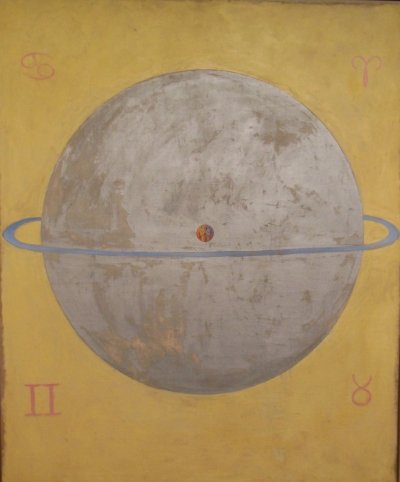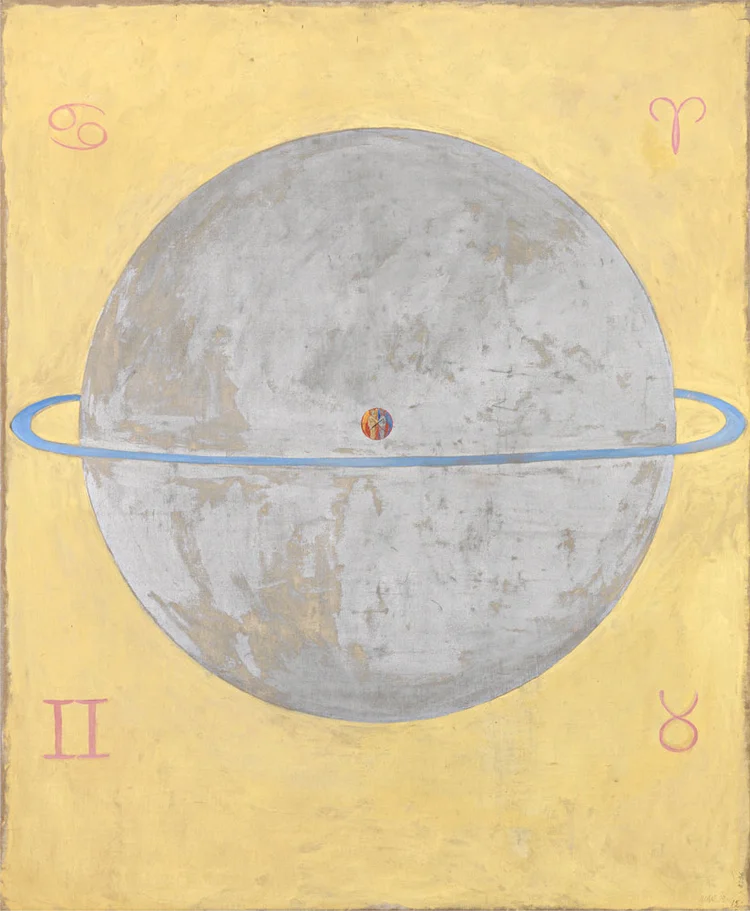“The sun”, said Joachim “is also politically relevant. It is the ruler, the sovereign. To be sovereign, that means above all, to give and spend, to spend lavishly like the sun. Like the pharaohs in Ancient times, building monumental edifices. But in Modern times we are inclined to see this behavior as the madness of tyrants. As if the puritanical effort to save time and cut expenses were the undisputed norm.
The sovereign is not bound by the logic of working and saving, he incorporates the exuberant surplus of a world that otherwise is, as one knows all too well, narrow, small and subject to calculation. It was George Bataille who wanted to ground a whole economic theory on exuberance and expenditure. In the words of this author the first sentence of the solar myth is: ‘The sun gives without ever receiving’. The sun sign of Leo is the favorite animal of rulers. As for metals gold belongs to the sun, equally noble, as it is found only in its pure form, it does not mix with other elements.”
Juliana reads aloud some passages from Regiomontanus, and then added: “One need not to add much more. Sun means a world in which shapes and colors become first of all recognizable - one sees clearer and with greater depth, - it is the big view, the great seeing eye. The sun itself is here portrayed with a face, above all it is laughing, and this gift it shares with its children. Furthermore, the sun is creative and accountable. It stands for sound identity.. The truth of the sun, in the sense of Regiomontanus, you do not come at through intellectual operations or through some theory; perception and grasping the essence is one.’
Astrid looks at a medieval etching representing astrological images of the Sun, and said:” We look at scenes of playful exertions but not bloody and hurtful as in the portraiture of Mars. There is some gift-giving to be seen, and a fool signals gaiety as does music. So it is a serene world: the sun above shines generously.”
Lorenz Jäger, ‘Die schöne Kunst, das Schicksal yu lesen’, 2009
Sign of ‘Leo’


